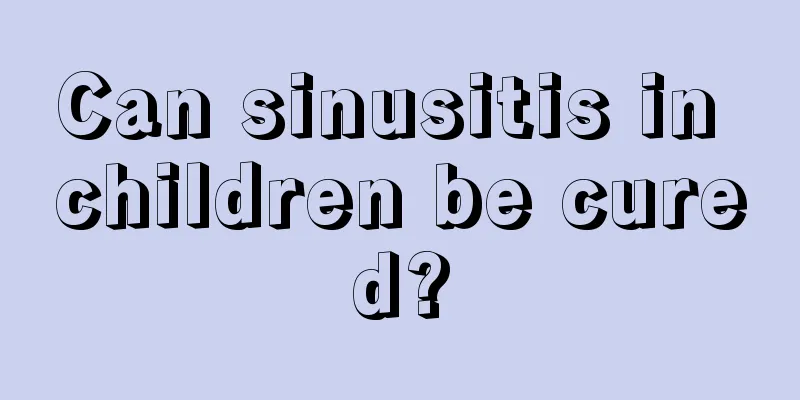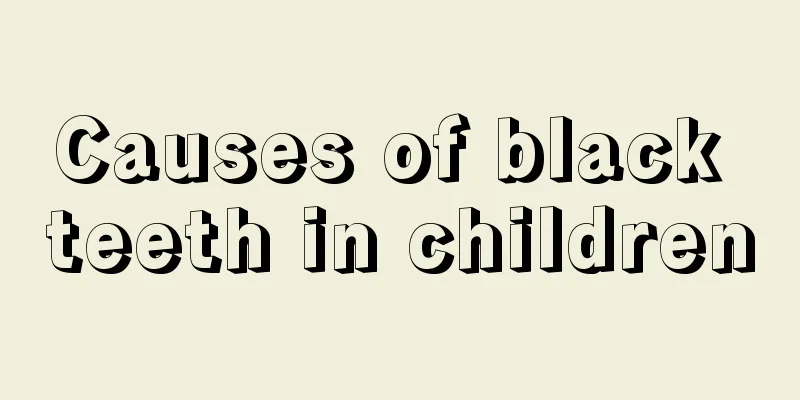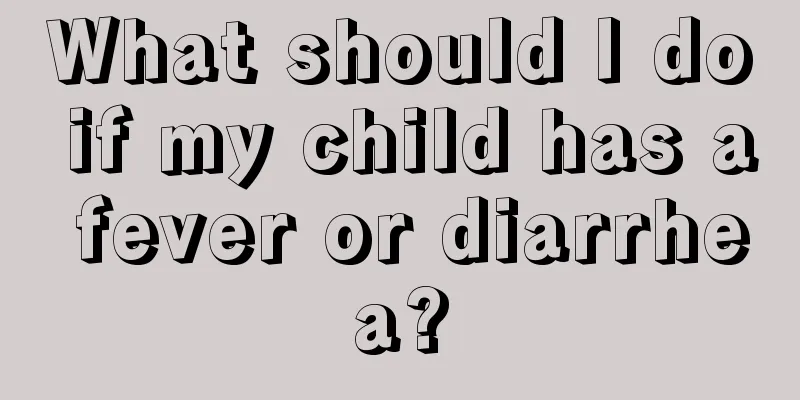What are the symptoms of gastrointestinal bleeding in babies?

|
For babies or infants, incomplete development of certain organs or tissues may cause them to suffer some minor traumas in their lives, which may cause some pathological conditions in their bodies. Therefore, parents must pay attention to their children's sons' diet in life. Let us now understand the symptoms of gastrointestinal bleeding in babies. The symptoms of gastrointestinal bleeding are related to the nature, location, amount of blood loss, rate of the lesion and the patient's general condition before bleeding.1. Vomiting blood, black stools and blood in stool Vomiting blood means bleeding above the pylorus, and the color of vomiting blood depends on whether the blood has passed through the action of acidic gastric juice. If the amount of bleeding is large and the bleeding rate is fast, and the blood stays in the stomach for a short time, such as esophageal varicose vein rupture and bleeding, the vomited blood is mostly dark red or bright red. On the contrary, due to the action of gastric acid to form hemoglobin, the blood appears coffee or brown. Hematemesis is often accompanied by black stools, but black stools may not occur without hematemesis. Black stools indicate bleeding from the upper gastrointestinal tract or small intestine. The stool is black and tarry. The color of black stools is affected by the length of time the blood stays in the intestines. When the amount of bleeding is large, the bleeding rate is fast, and the intestinal peristalsis is hyperactive, the stool may be dark red or even bright red, similar to lower gastrointestinal bleeding. On the contrary, jejunal and ileal bleeding, if the amount of bleeding is not large and stays in the intestines for a long time, may also manifest as black stools.Hematochezia refers to bright red or dark reddish brown stools, with bleeding mostly occurring in the colon. However, when there is heavy bleeding in the upper gastrointestinal tract, the blood has a laxative effect, which shortens the excretion time and makes the stool bright red. The characteristics of stool are also affected by the amount of bleeding and the rate of bleeding. If the amount of bleeding is large and the bleeding rate is fast, the stool will be thin and mushy; if the amount of bleeding is small and the bleeding is slow, the stool will be formed.
Other clinical manifestations vary depending on the amount of bleeding, bleeding site and bleeding rate. Patients with small amounts of bleeding and short bleeding time may have no symptoms; patients with long bleeding time may have symptoms of chronic hemorrhagic anemia, such as pale complexion, fatigue, dizziness, loss of appetite, etc.; and large amounts of bleeding in a short period of time may cause hypovolemic shock, which manifests as: (1) Peripheral circulatory disorders: Large amounts of bleeding in a short period of time can cause a rapid decrease in circulating blood volume, insufficient venous return to the heart, and a decrease in cardiac output, which can manifest as dizziness, fatigue, palpitations, sweating, dry mouth, pale skin, and clammy and cold skin. (2) Fever: The mechanism of fever is still unclear. It may be caused by blood accumulation in the intestinal cavity, absorption of hemoglobin decomposition products, decreased blood volume, peripheral circulatory failure, etc., which affect the body temperature regulation center and cause fever. |
<<: What should I do if my child's sixth molar is broken?
>>: Two-year-old child has nose bleeding
Recommend
Is baby's stiffening while feeding a symptom of cerebral palsy?
When a young mother is breastfeeding her baby, if...
Treatment for babies who suddenly wake up from sleep
As parents, we are all worried when our children ...
Treatment of ear pain in 3-year-old baby
In daily life, many babies suffer from ear diseas...
Why does the baby wake up crying while sleeping?
In fact, babies’ sleep patterns are not stable. M...
Newborn baby care methods
After the baby is born, many parents, as they are...
Children's anal fissure ointment
Anal fissure is a relatively painful symptom. Whe...
Is it okay for children to use diapers?
Children are unable to take care of themselves, s...
What to do if your child has enuresis
Nowadays, many children suffer from enuresis due ...
What causes bacterial infections in children?
Bacterial infection is a very common phenomenon i...
What are the symptoms of nasal hypertrophy in children?
Turbinate hypertrophy is a common chronic nasal d...
Dear baby, there are seven tips to help you deal with excessive drooling
Drooling in babies is medically called drooling o...
What causes hematuria in children?
Urination is a very important physiological behav...
Will a child get pharyngitis after more than a week?
Children's health problems are often what par...
Baby's head shakes while feeding
We all know that it is particularly important to ...
What causes newborn babies to fart?
Newborns will fart uncontrollably after feeding. ...









